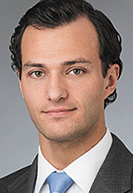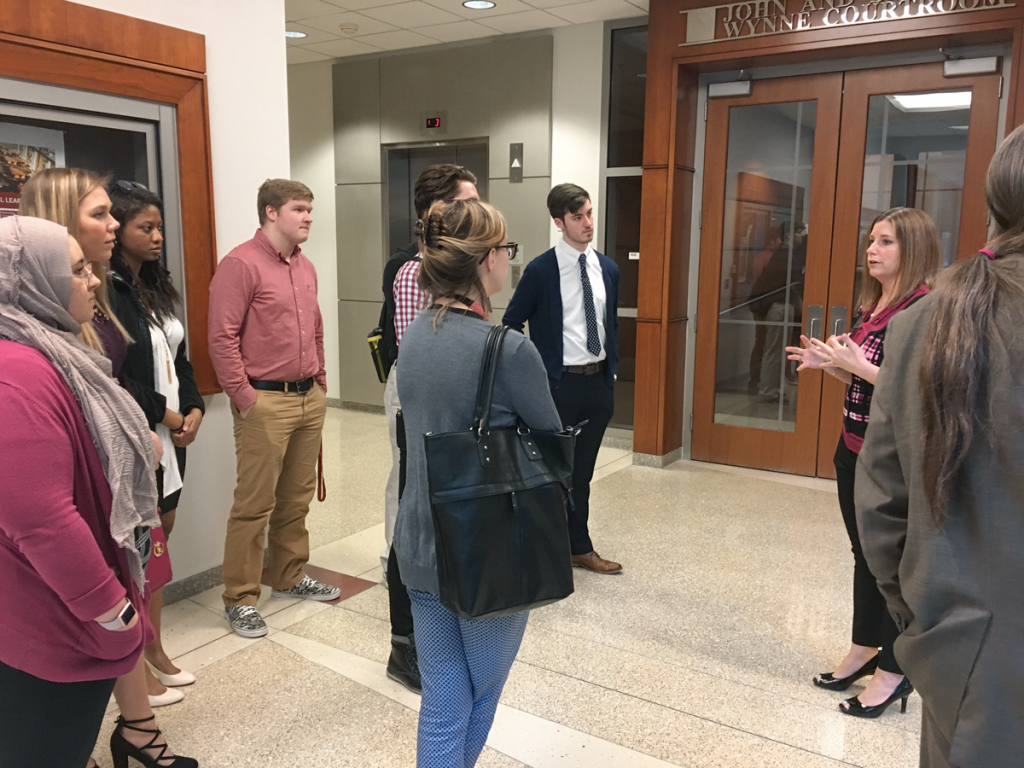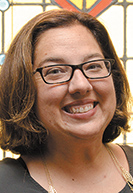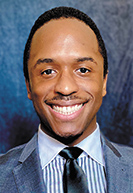Subscriber Benefit
As a subscriber you can listen to articles at work, in the car, or while you work out. Subscribe NowAs law school graduates prepare to begin their legal careers, scores of undergraduate students are only just beginning to consider what a career in the law could look like for them.
Pre-law organizations and programs at universities aim to inform and encourage undergraduate students about what it means to be a lawyer and strive to facilitate a community for those looking to pursue a legal career. Many new attorneys with Indiana roots attest that those efforts aren’t for naught.
Lasting impact

Ryan Baker, a graduate of Columbia Law School, has practiced in New York and will soon uproot to Chicago for a new legal position. But as an undergraduate student at Indiana’s Franklin College, Baker had no inkling that he would eventually join the school’s pre-law program and become an attorney.
“I didn’t know what I wanted to do, but just by talking with folks at Franklin, it sounded like something that interested me,” he said.
Baker participated in Franklin’s pre-law program, its mock trial team and took a myriad of law-related classes, which he said gave him a leg up for his first year of law school. Those experiences and courses not only piqued his interest in the law and solidified his decision to become an attorney, but the support he received from his pre-law mentors was “immeasurable.”
“Not only while I was in school, but even when I was interviewing at firms, I leaned on my professor a lot to help me along in that process,” Baker said.

Jason Marshall, a 2021 graduate of the Indiana University Robert H. McKinney School of Law, helped foster his interest in the law by helping create the Pre-Law Student Association at the University of Indianapolis when he was a sophomore there.
“We knew several students were interested in going to law school and there wasn’t much for us. We thought it would be a good idea,” Marshall said.
Marshall wrote the constitution for the association, which started with about 25 students interested in and preparing for law school. Out of the organization stemmed UIndy’s Judicial Lecture Series, which hosts Indiana judges for panel discussions. The students also took trips to law school fairs, incorporated LSAT study sessions, visited local courts and hosted legal panel sessions.
Marshall said such organizations are helpful for students when deciding if they’d like to pursue the law.
“I think the process really helped prepare me for law school, to understand what it’s like and how do I prepare to try and be successful in it,” Marshall said. “That was really important.”
Getting connected

As the adviser for UIndy’s Pre-Law Student Association, Laura Wilson helps connect students with individuals in the legal industry who can provide insight into joining the field. The key, she said, is tapping into the network of professionals around you.
“We are the last stop before a student graduates and moves on to law school, jobs, whatever it might be,” Wilson said. “If we are doing it right, we are able to advance the profession and also the students who may ultimately be a part of that profession. I think that is the real value of these programs.”
Allison Fetter-Harrott, assistant professor of political science at Franklin College, has taught and supported Baker throughout his undergrad, law school and legal practice experiences. She said one of the greatest joys of her job as a pre-law mentor is maintaining professional relationships with alumni.
“It’s wonderful to celebrate alumni successes. And each time we do that, a current pre-law student sees these examples of success and begins to believe it will be their turn one day,” Fetter-Harrott said.

IU McKinney alumnus Marcus McGhee said he has seen the power of these relationships first-hand.
As a member of the law school’s Pathway to the Law advisory board, McGhee mentors and works with undergraduate students who are underrepresented in law schools. The pre-law program offers students a sequence of online classes designed to prepare them for law school, pairing them with an attorney mentor and allowing them participate in various panels and presentations.
Those opportunities allow undergraduate students, law students and new lawyers to get together to ask each other questions, encourage each other and connect, McGhee said.
“There is always someone who is there to guide you. Everyone has something to pass on,” he said. “I think it’s helpful for the mental health stability of students. If you go in and you already know someone, that’s a level of stress reduced.”
Such pre-law programs are imperative to encourage budding lawyers and undergraduate students to test out the legal field, McGhee added.

Baker agreed, saying he would encourage those thinking about going to law school to use their alumni network to talk to new attorneys.
“It’s often hard to imagine what the day-to-day experience is like until you’re in it and to make the most informed decision possible,” Baker said.
Mutually beneficial
Baker, who graduated from Franklin College in 2016, said he believes it serves the legal industry well to allow people to get their feet wet to see if law is something that suits them.
Marshall sees numerous benefits.
“I think it’s important for students to learn what you actually do as a new associate attorney. What is your lifestyle like? Is that enjoyable or not? Seeing what you actually do as a new practicing attorney for the first five or seven years before you start becoming a director or partner,” Marshall said.
Another benefit, he noted, is that new attorneys are often still connected to campus, and they have a fresh recollection of what law school looks like.
“It’s constantly changing – the curriculum, the faculty, finding summer positions,” Marshall said. “The fresh attorneys have that experience and knowledge to share with current undergrad students.”•
Please enable JavaScript to view this content.

